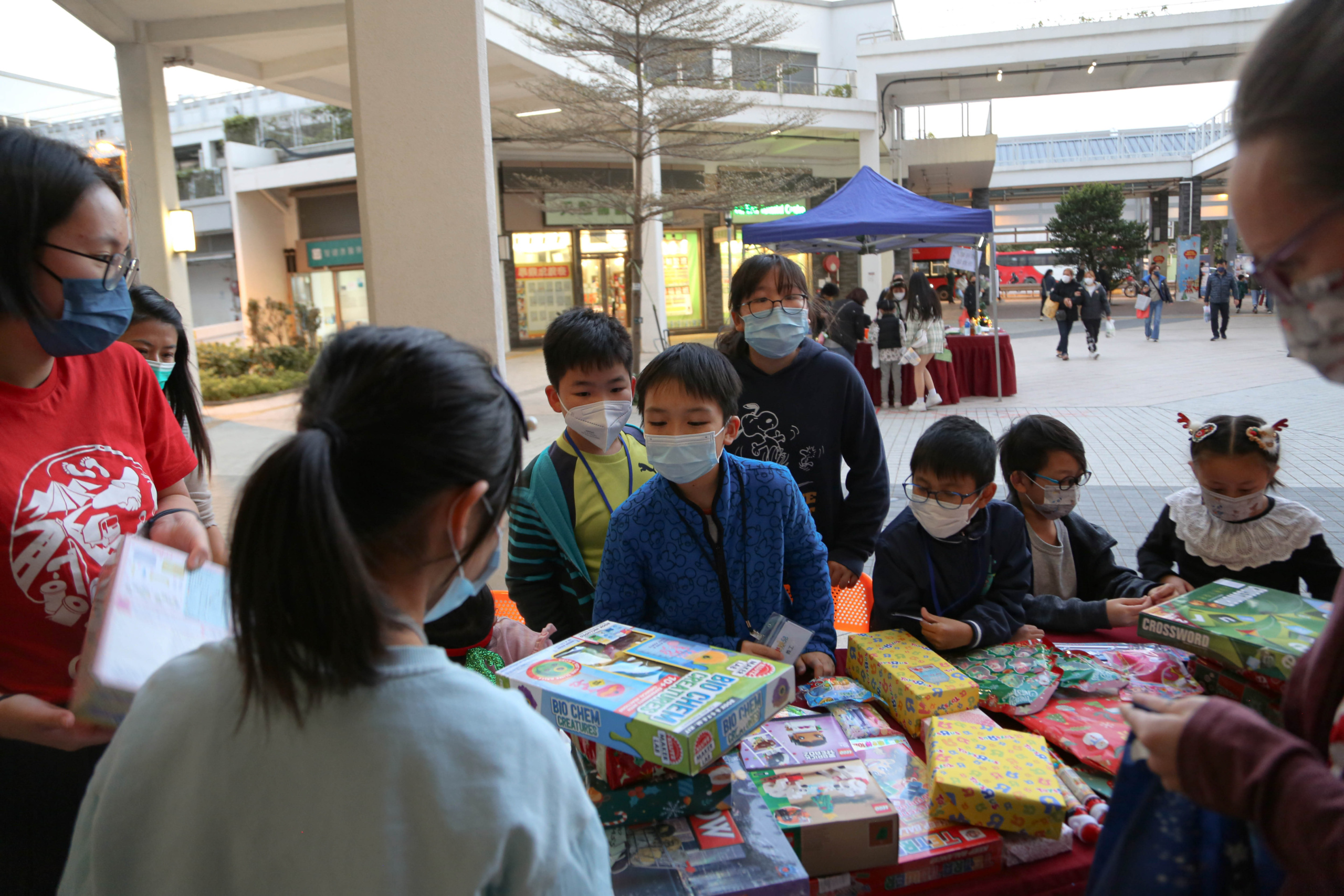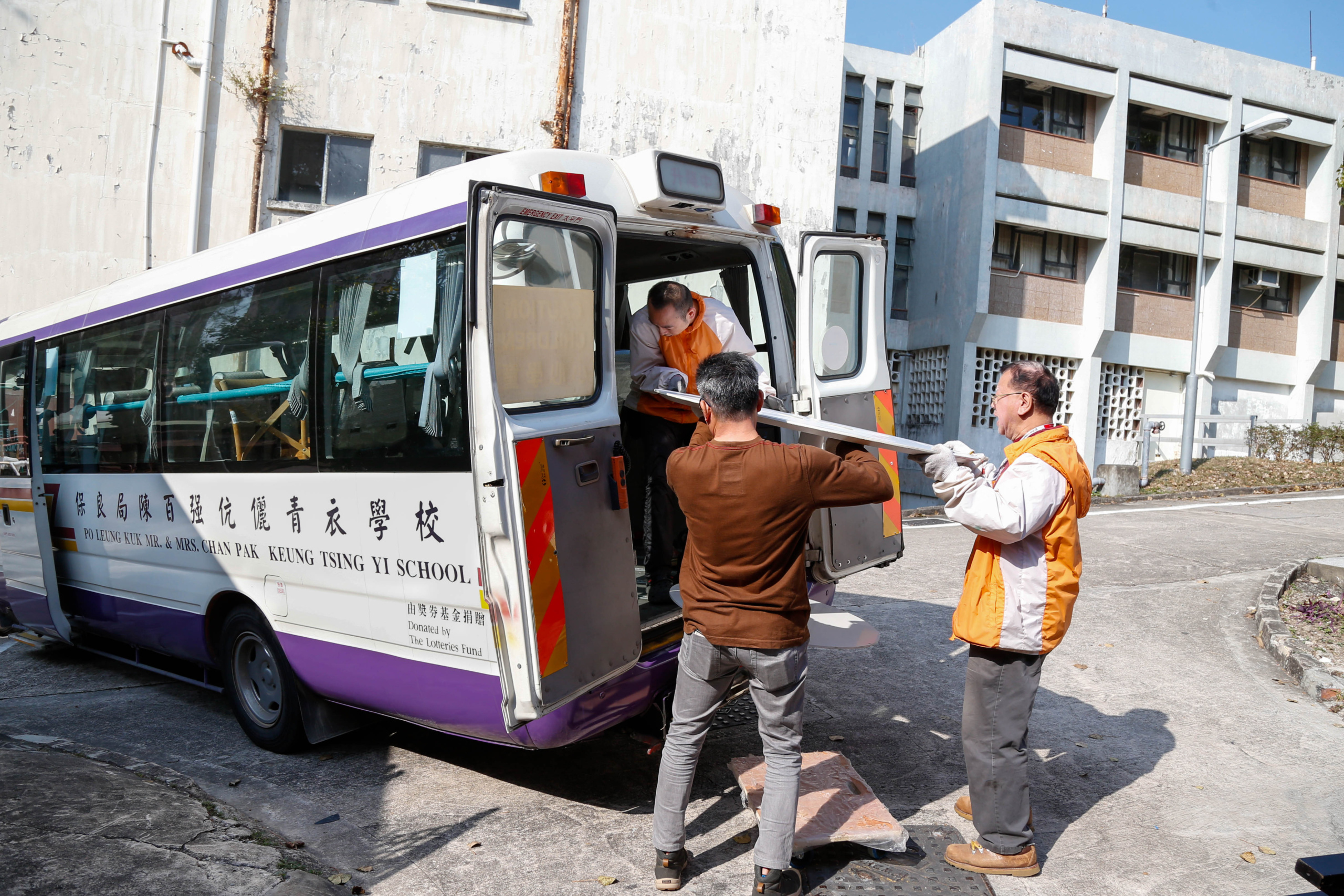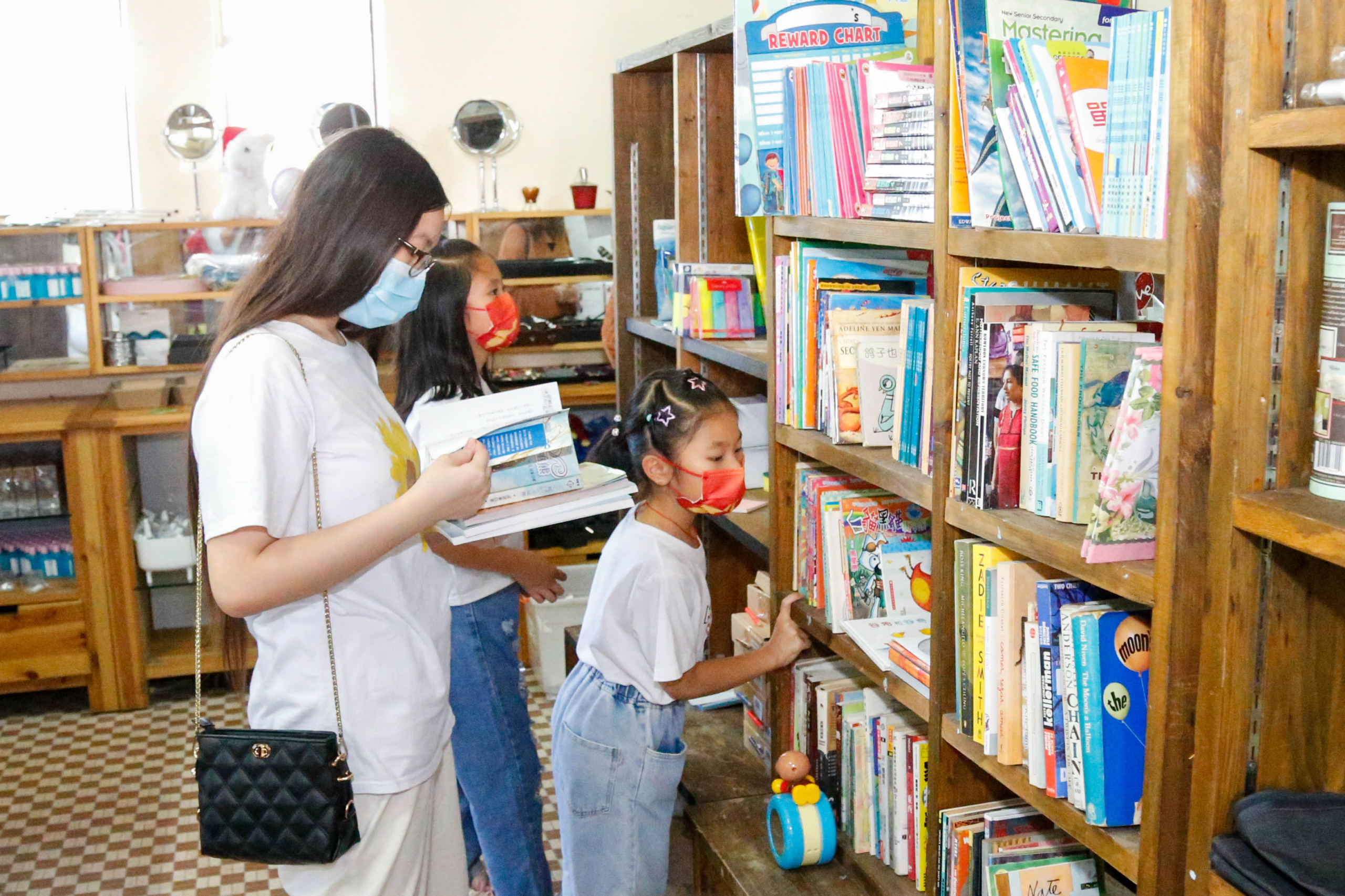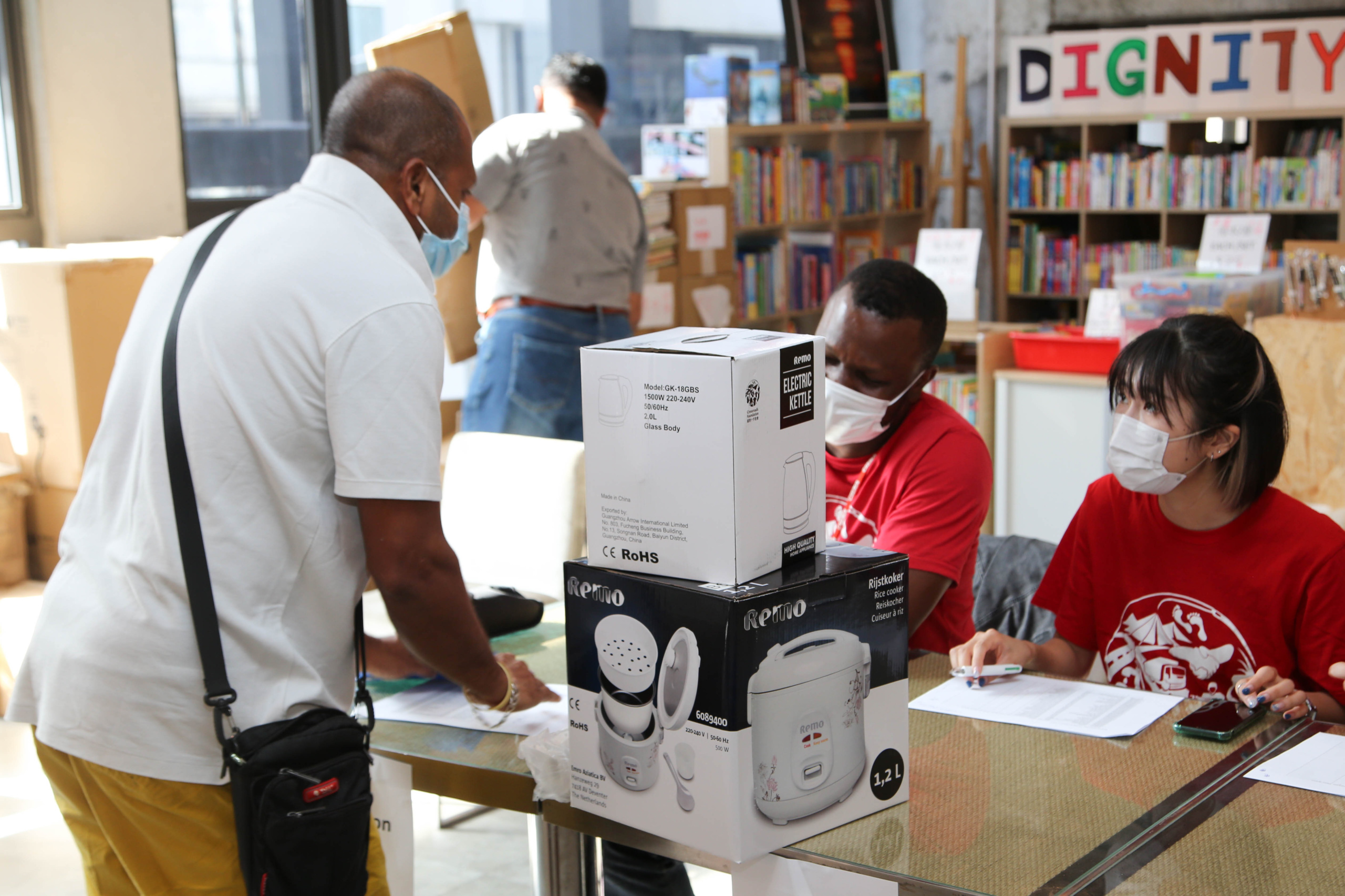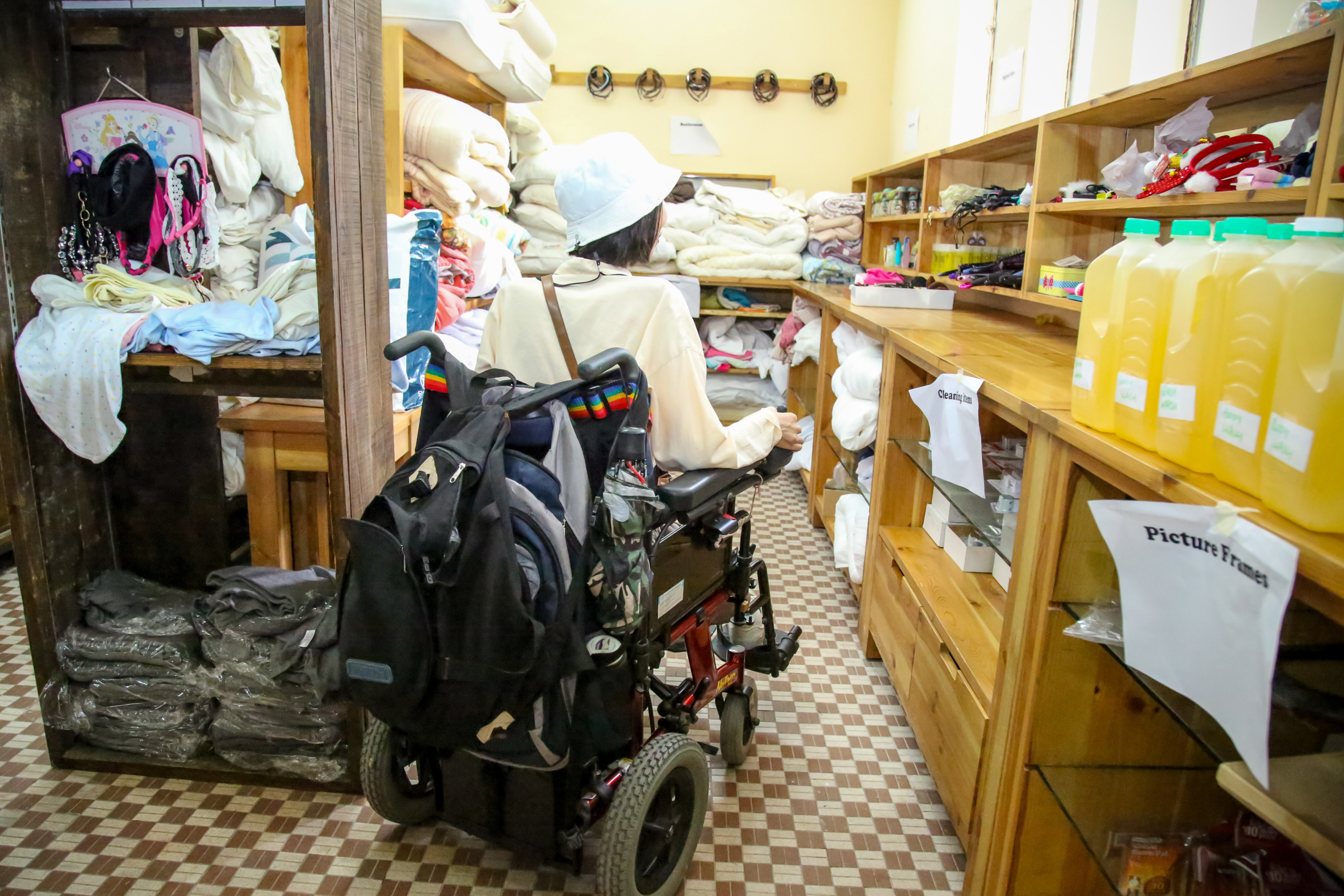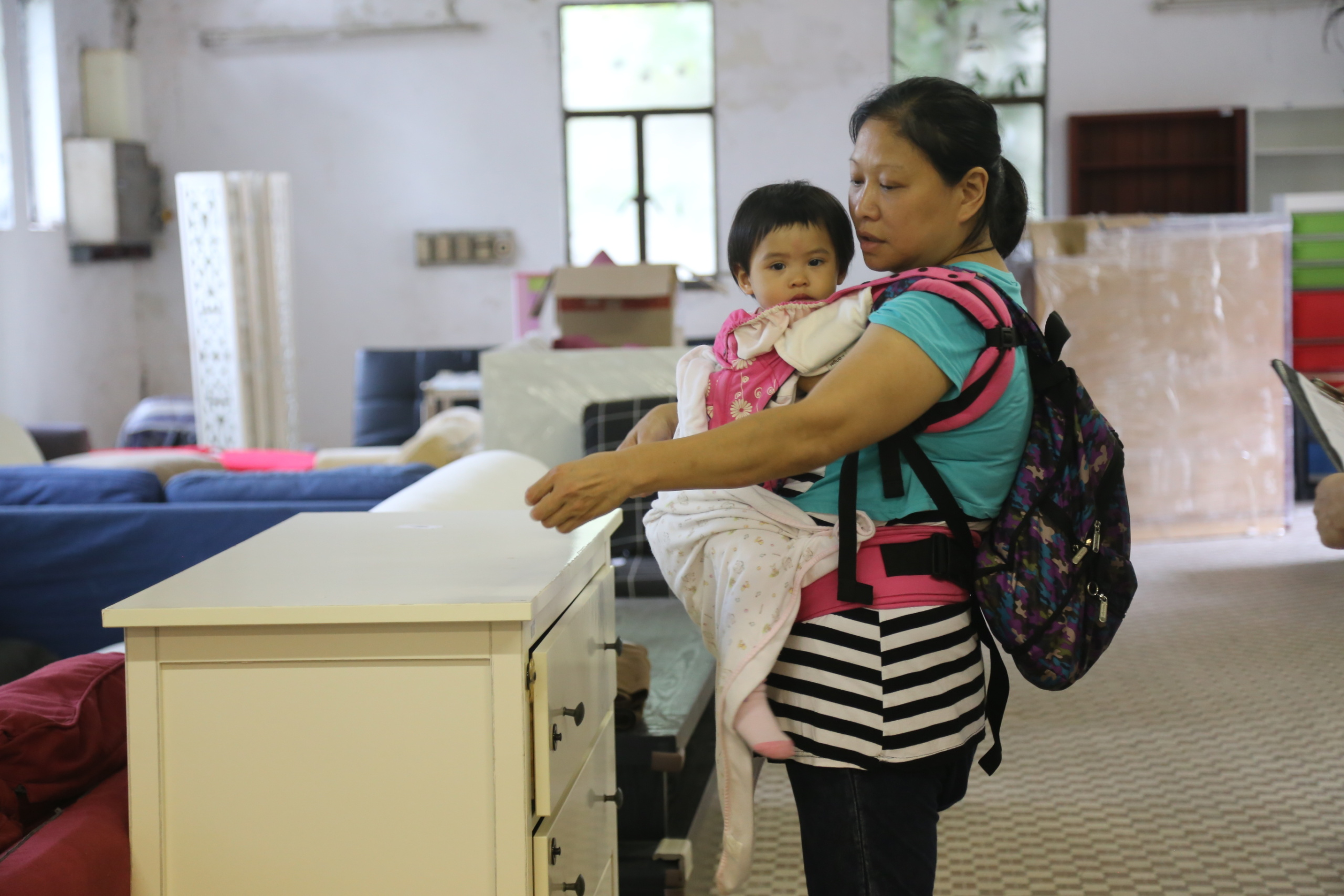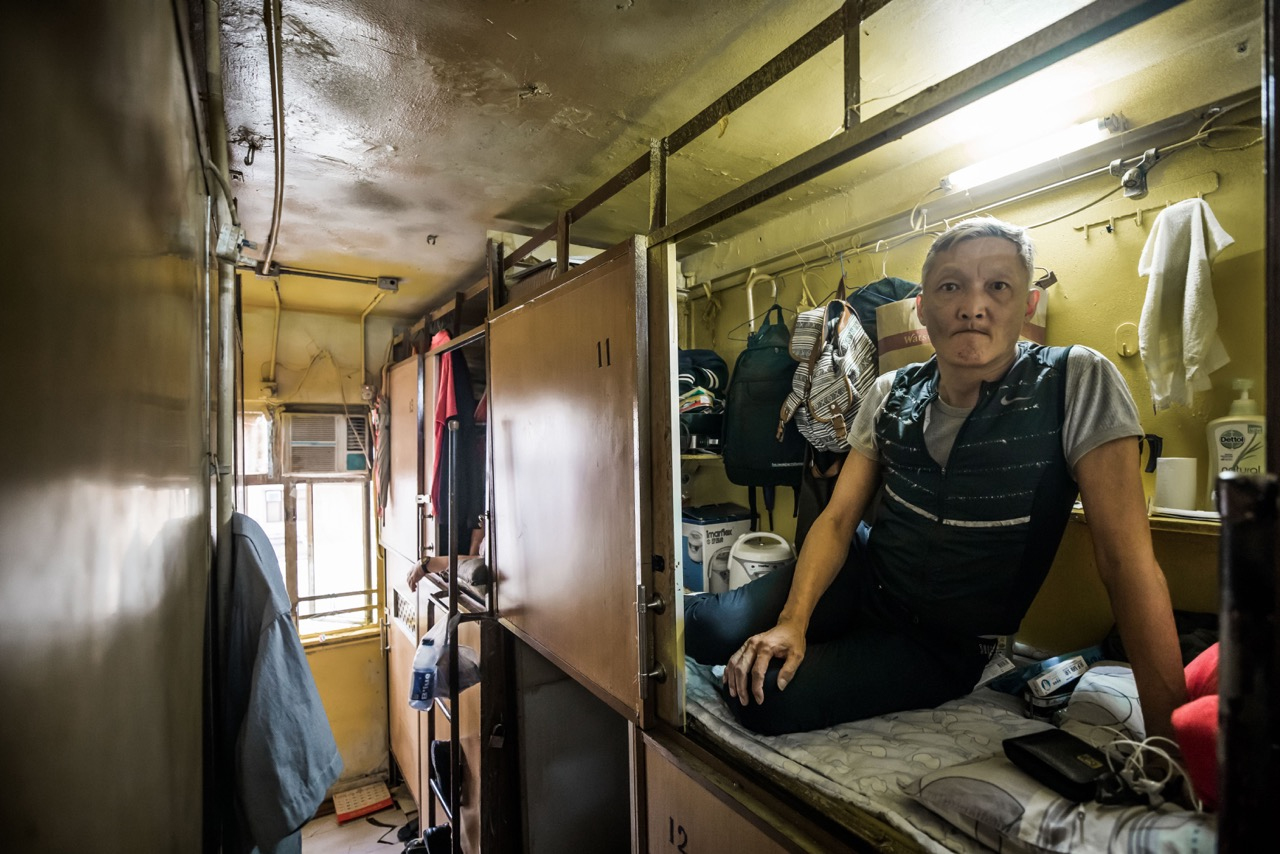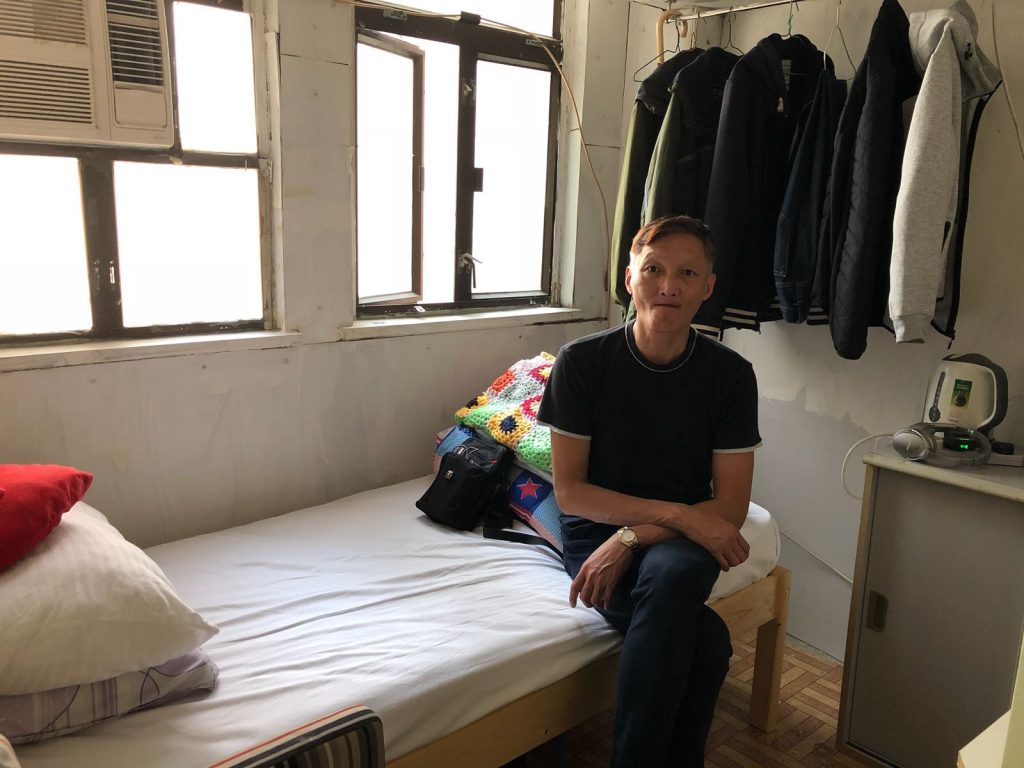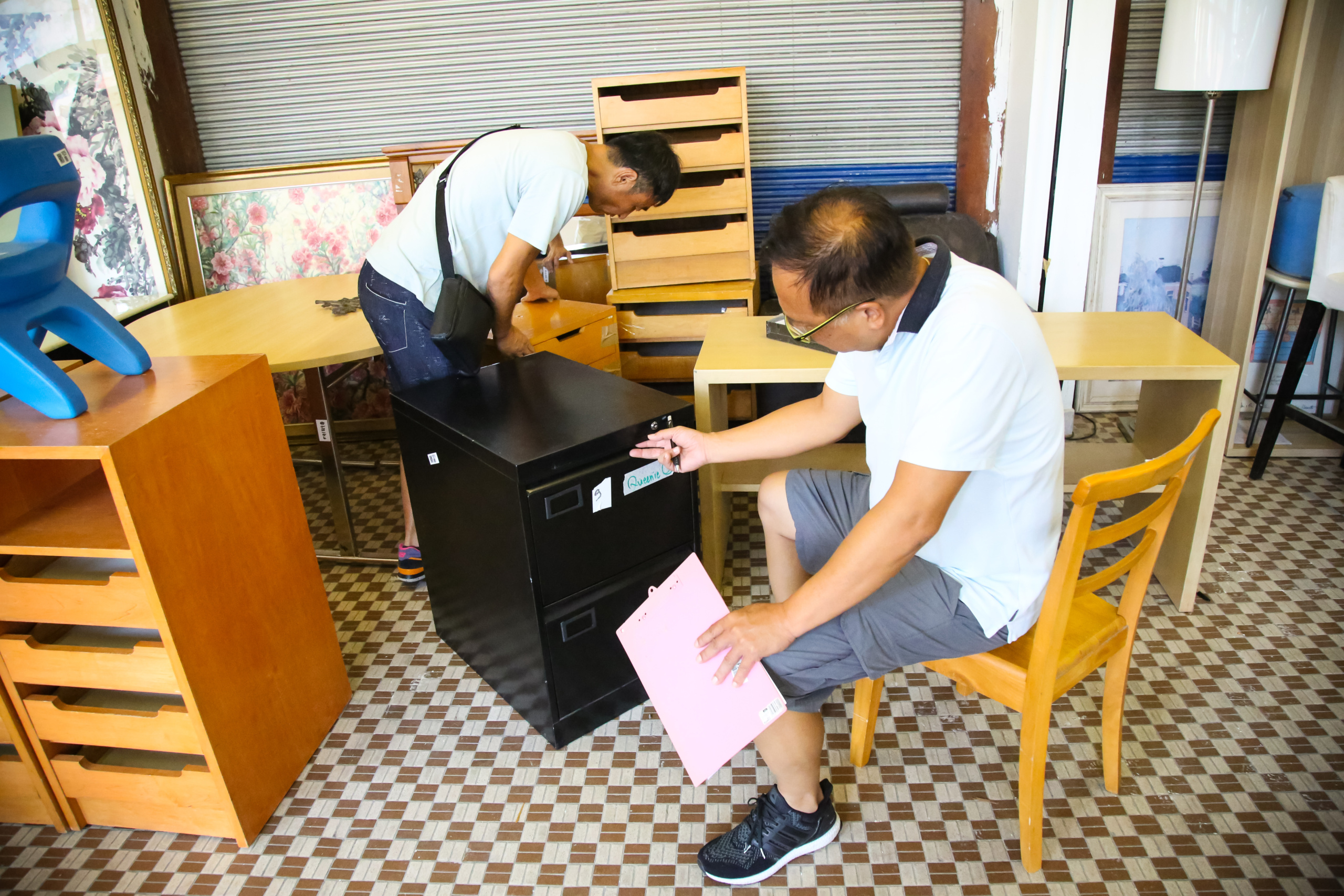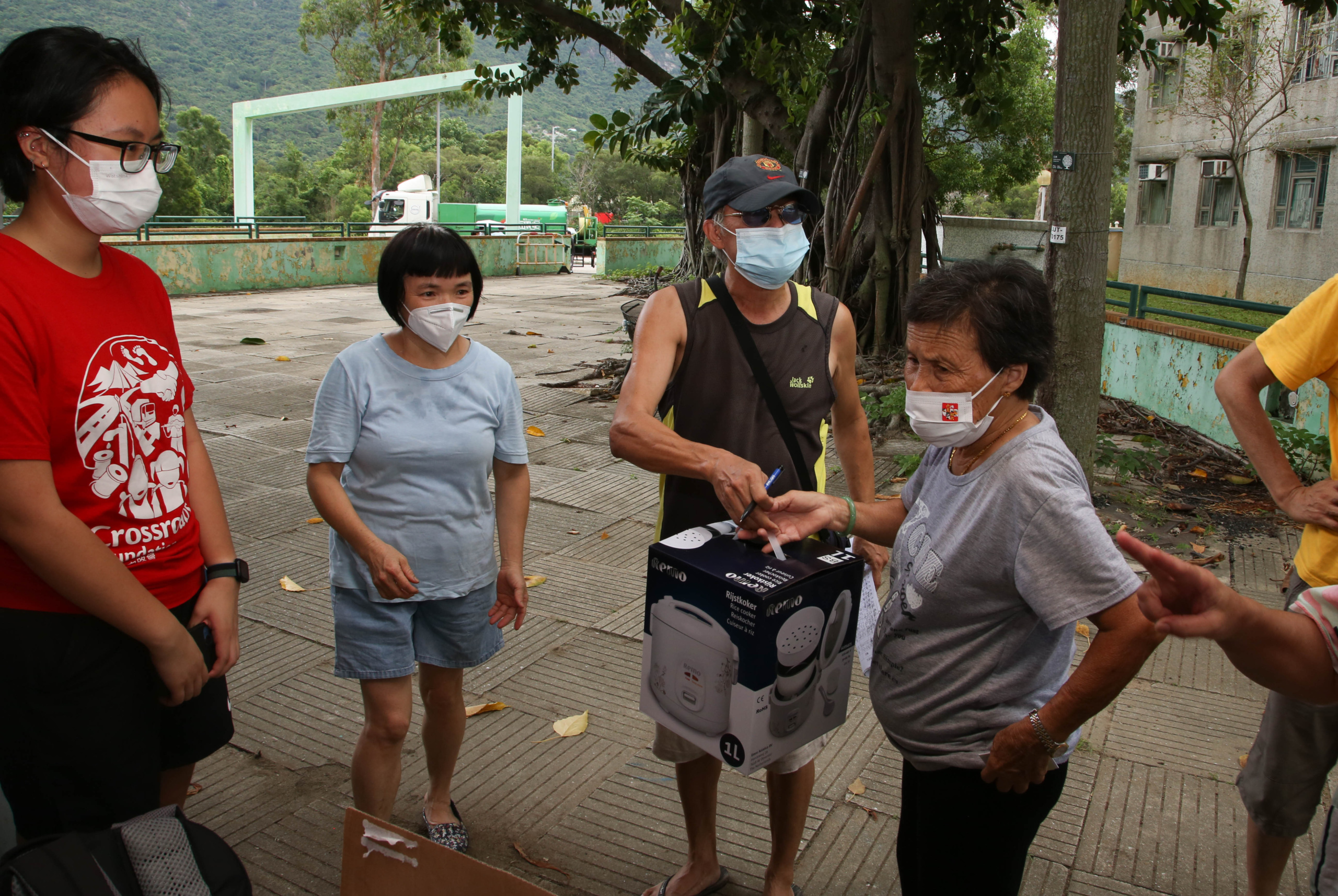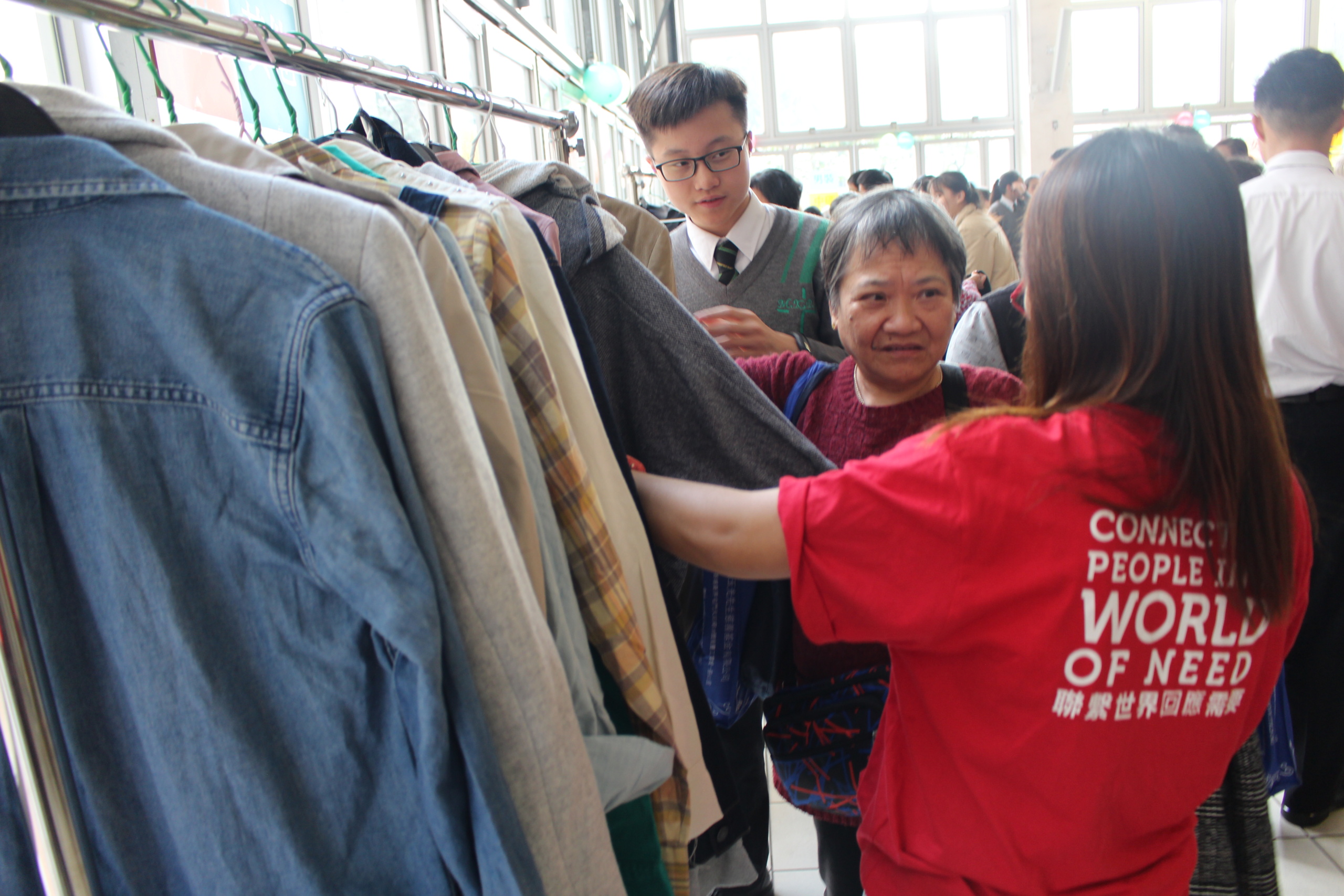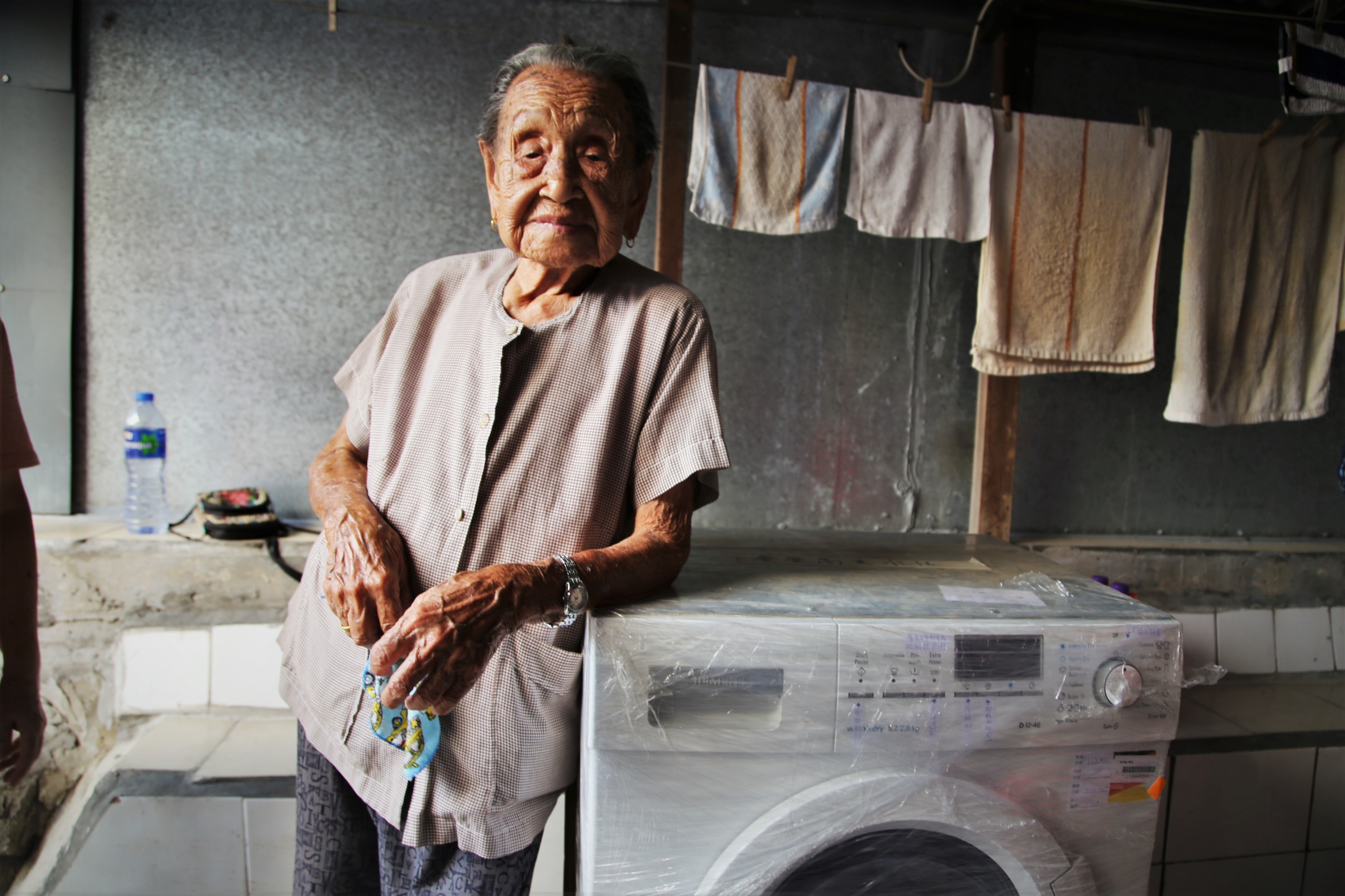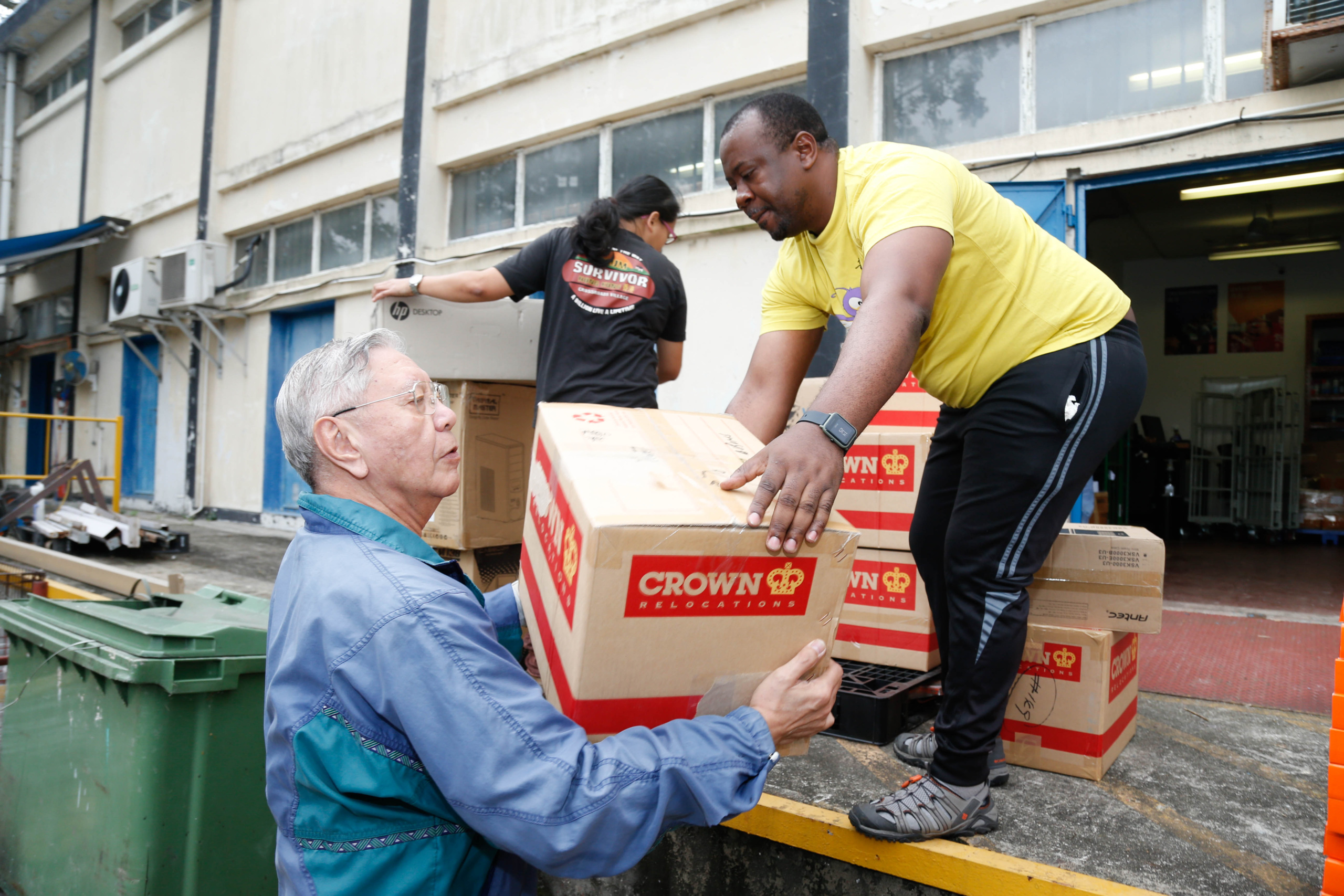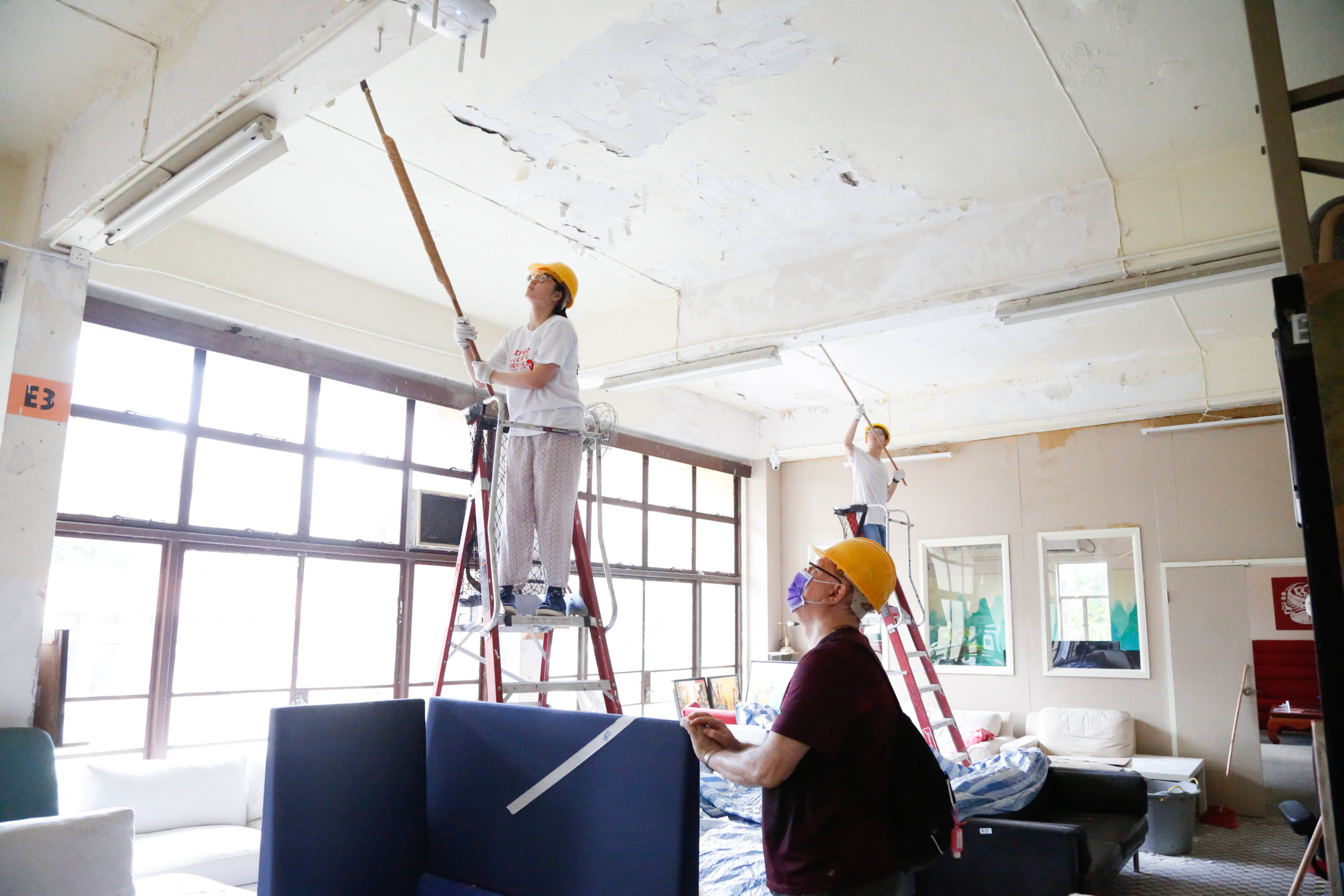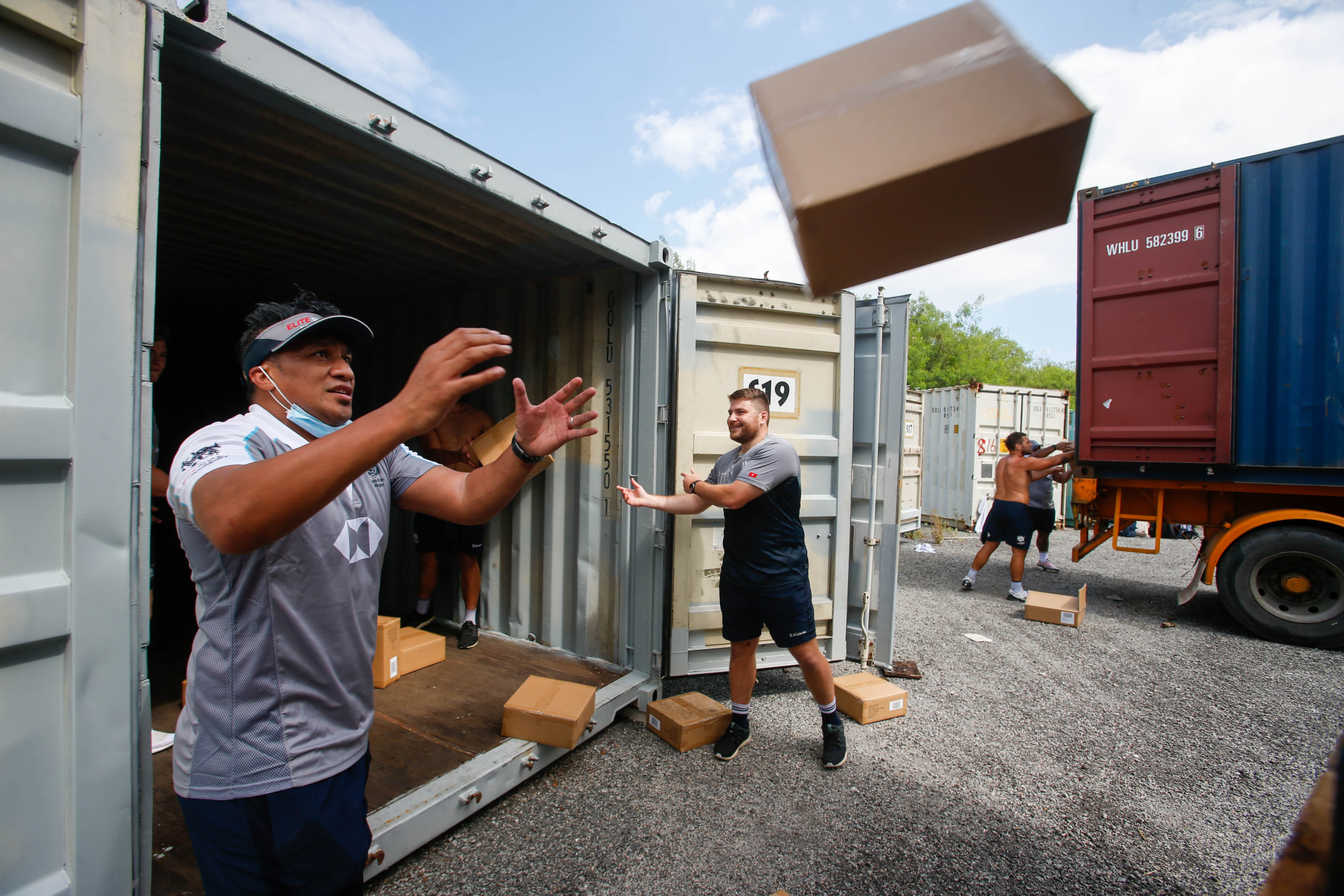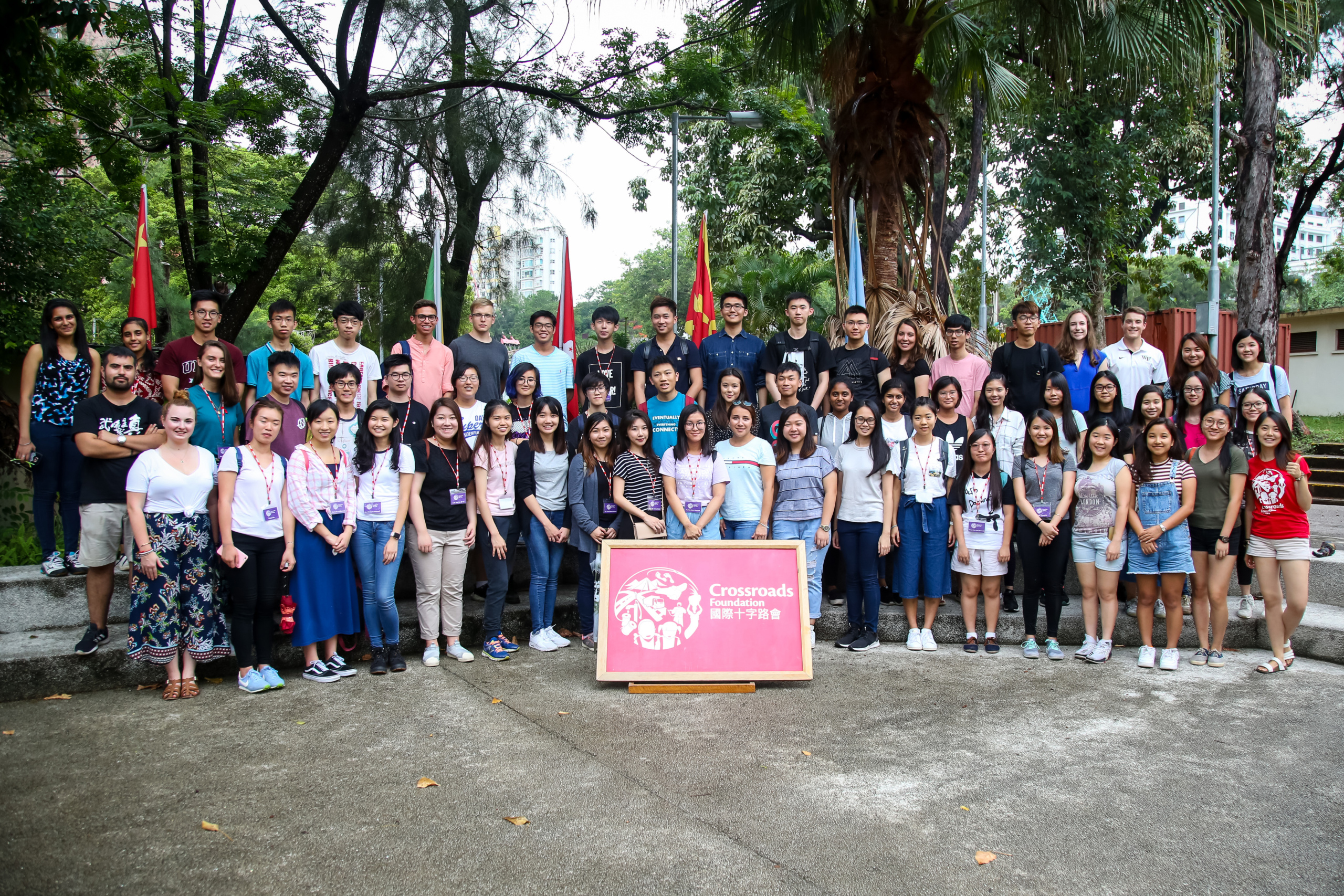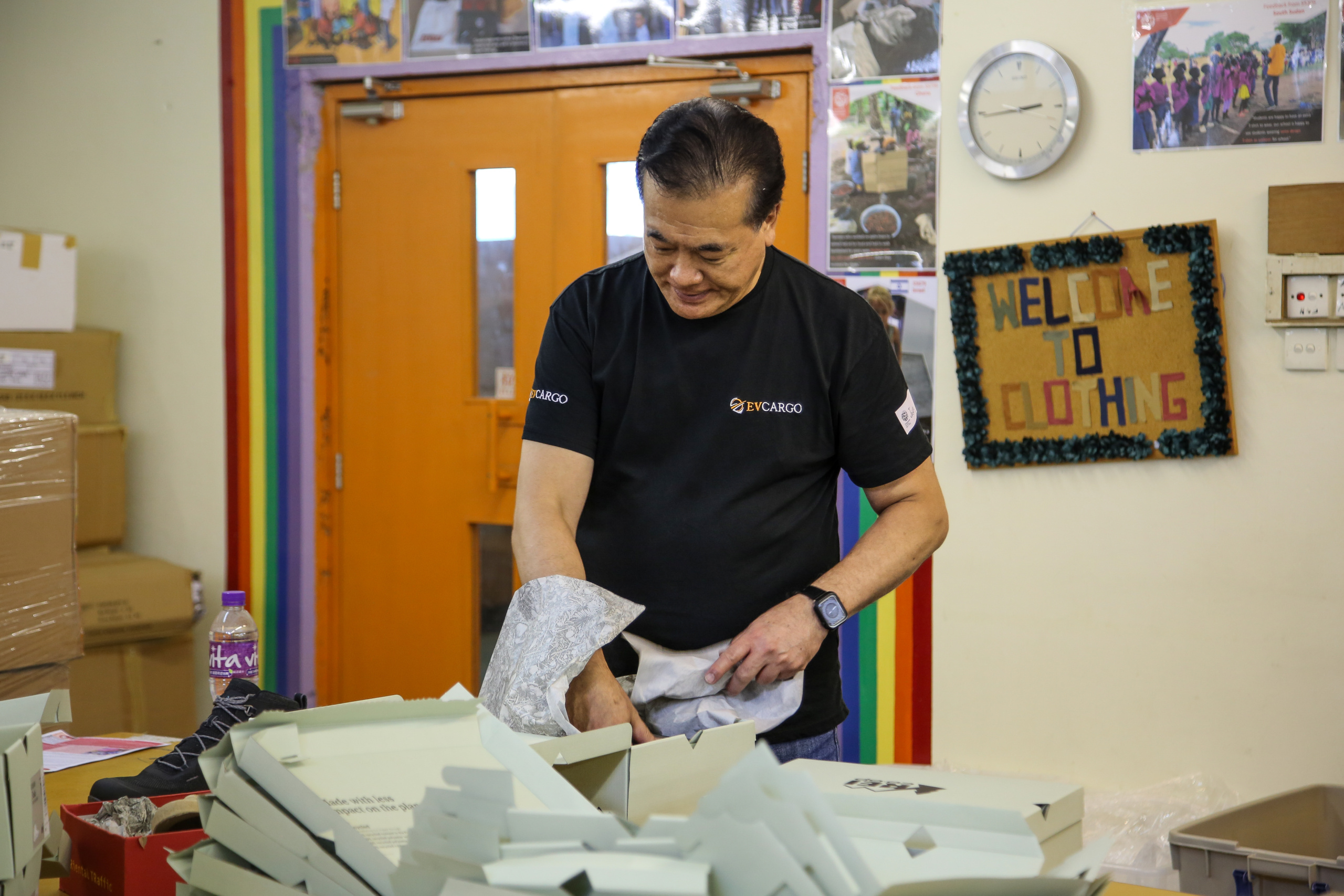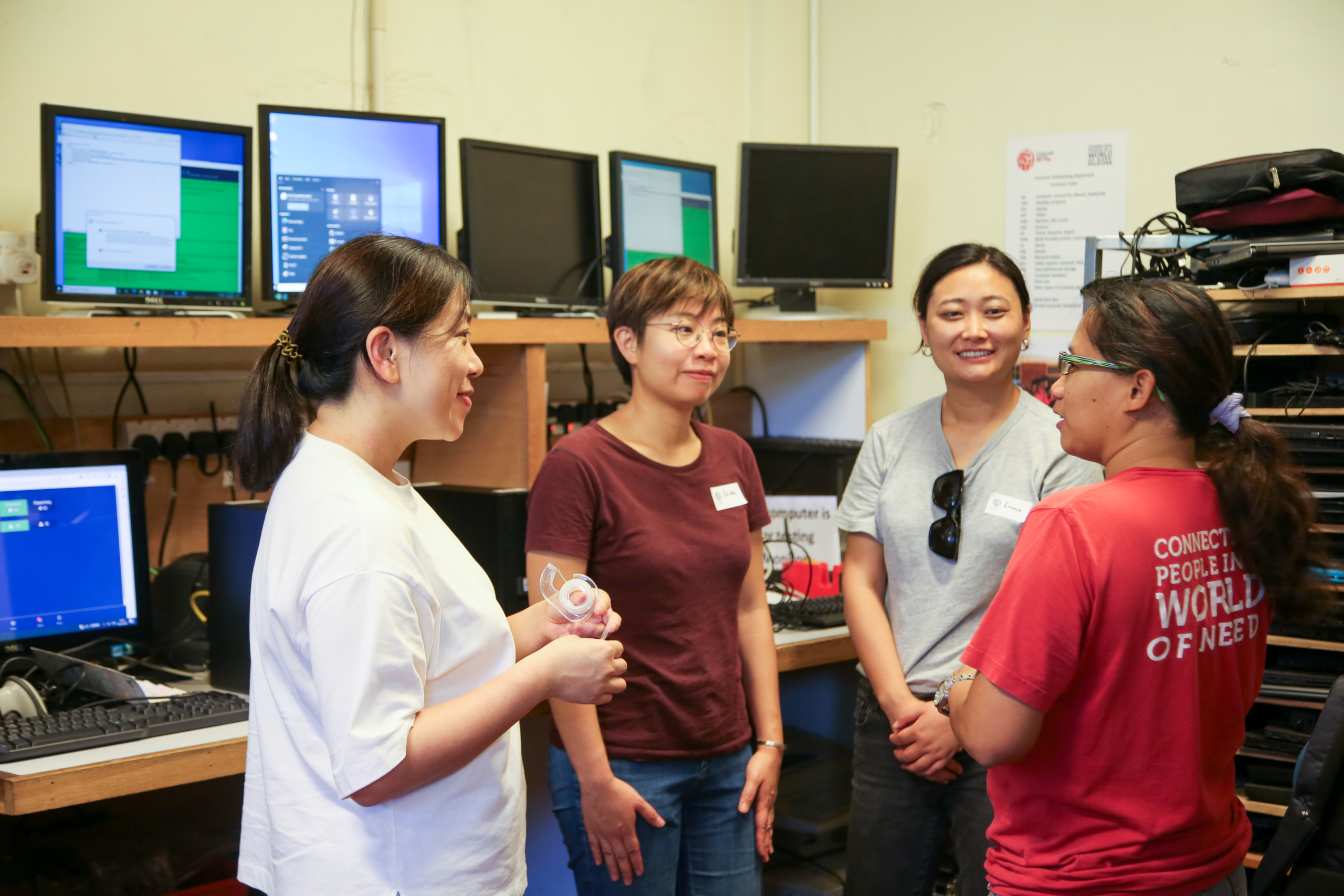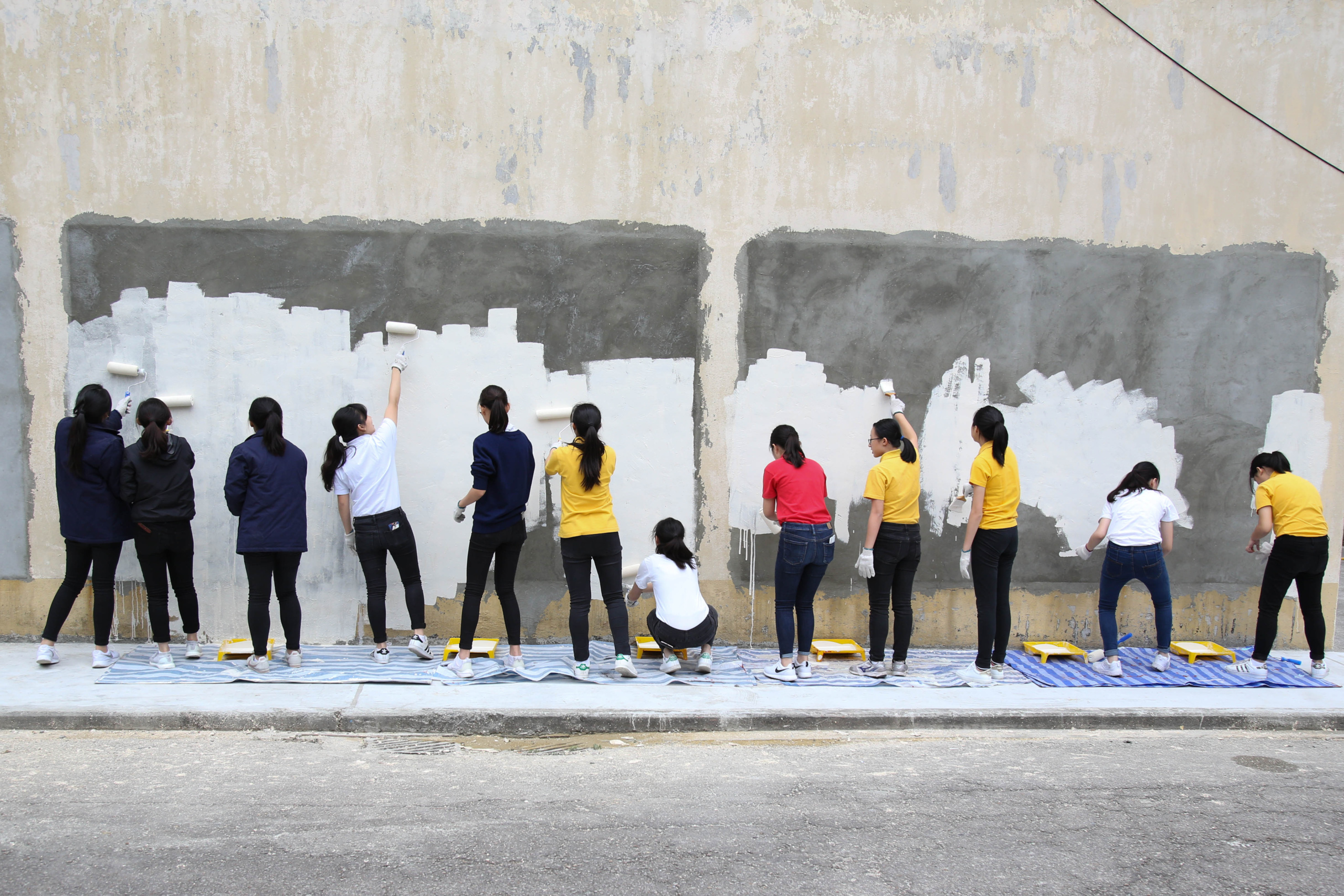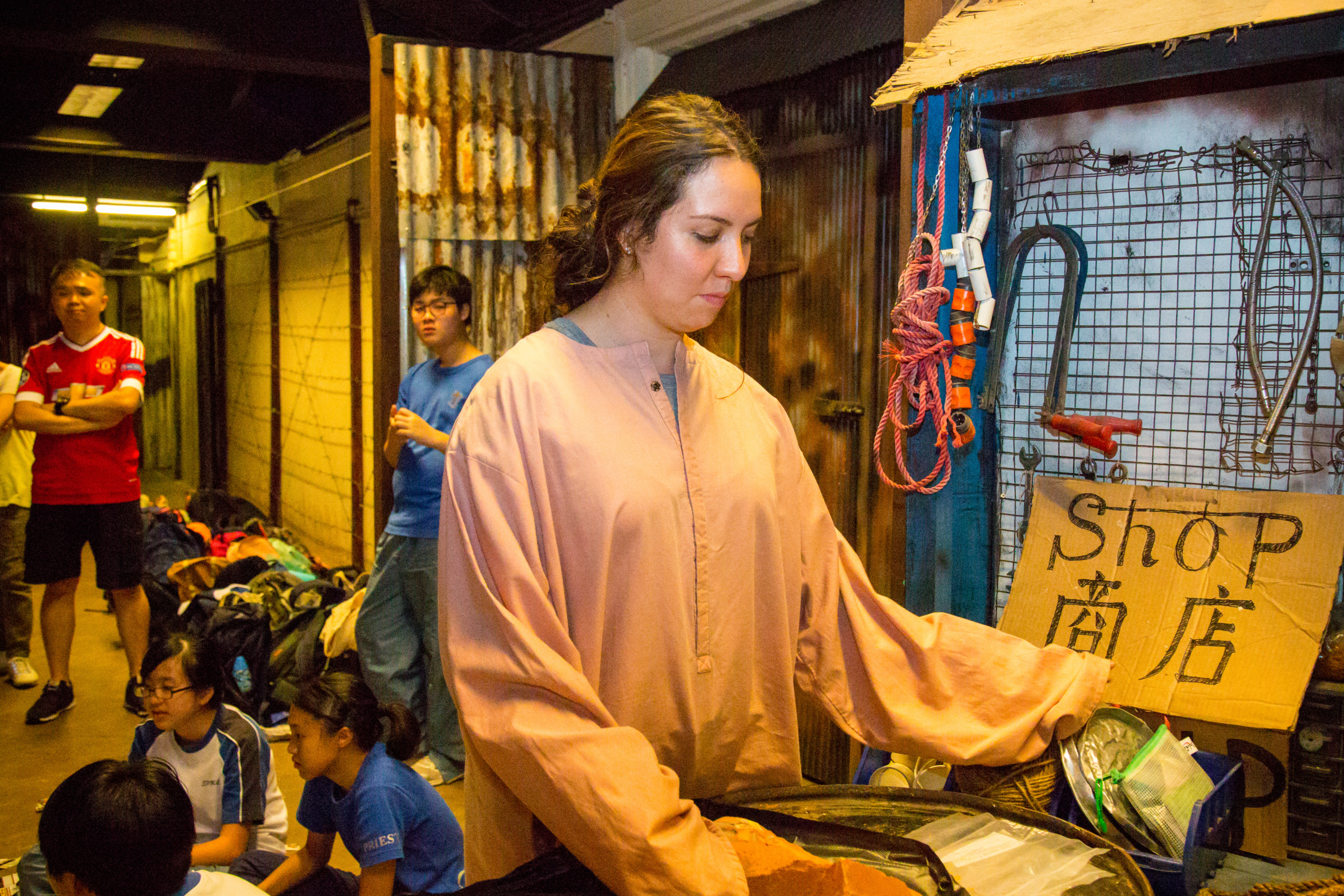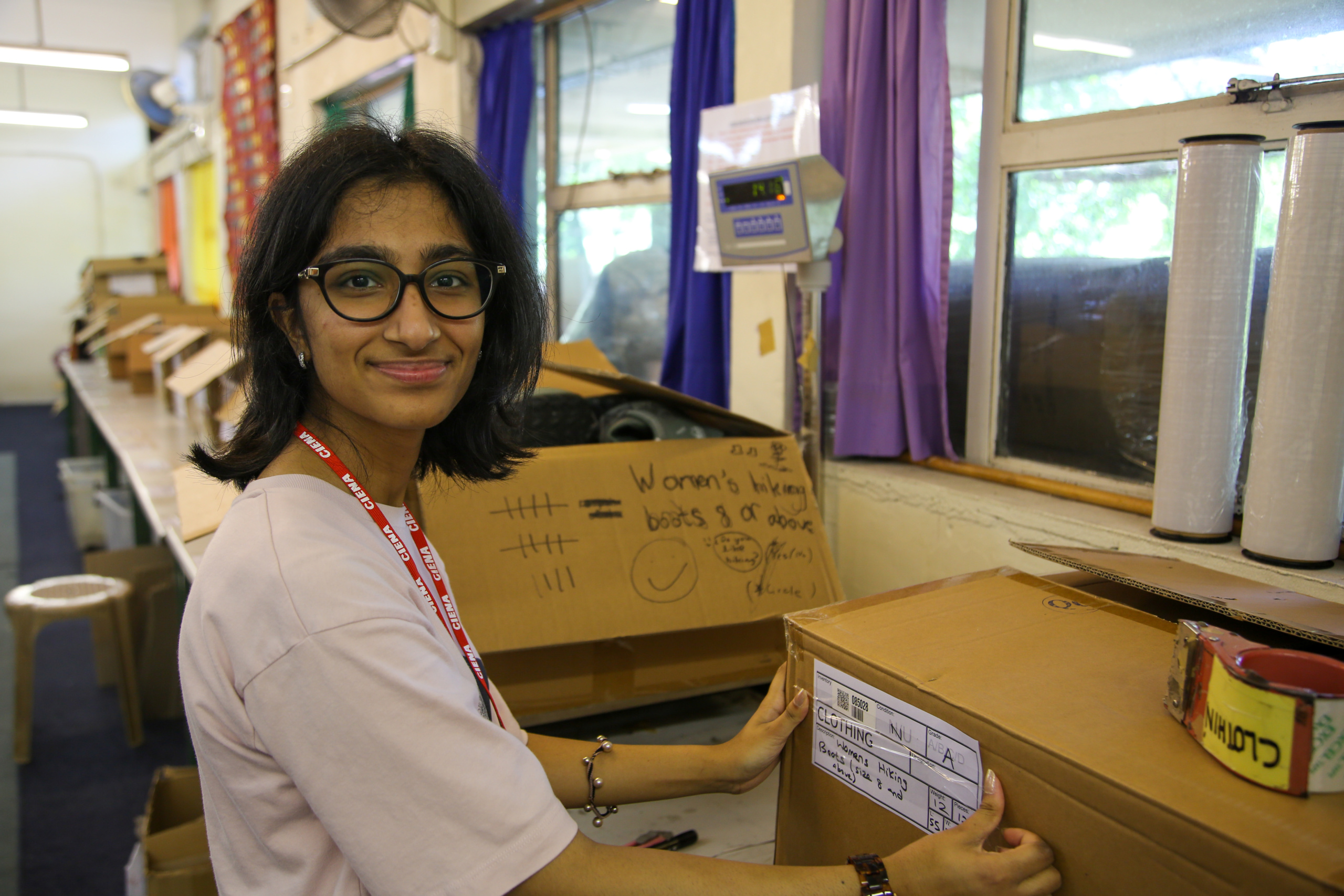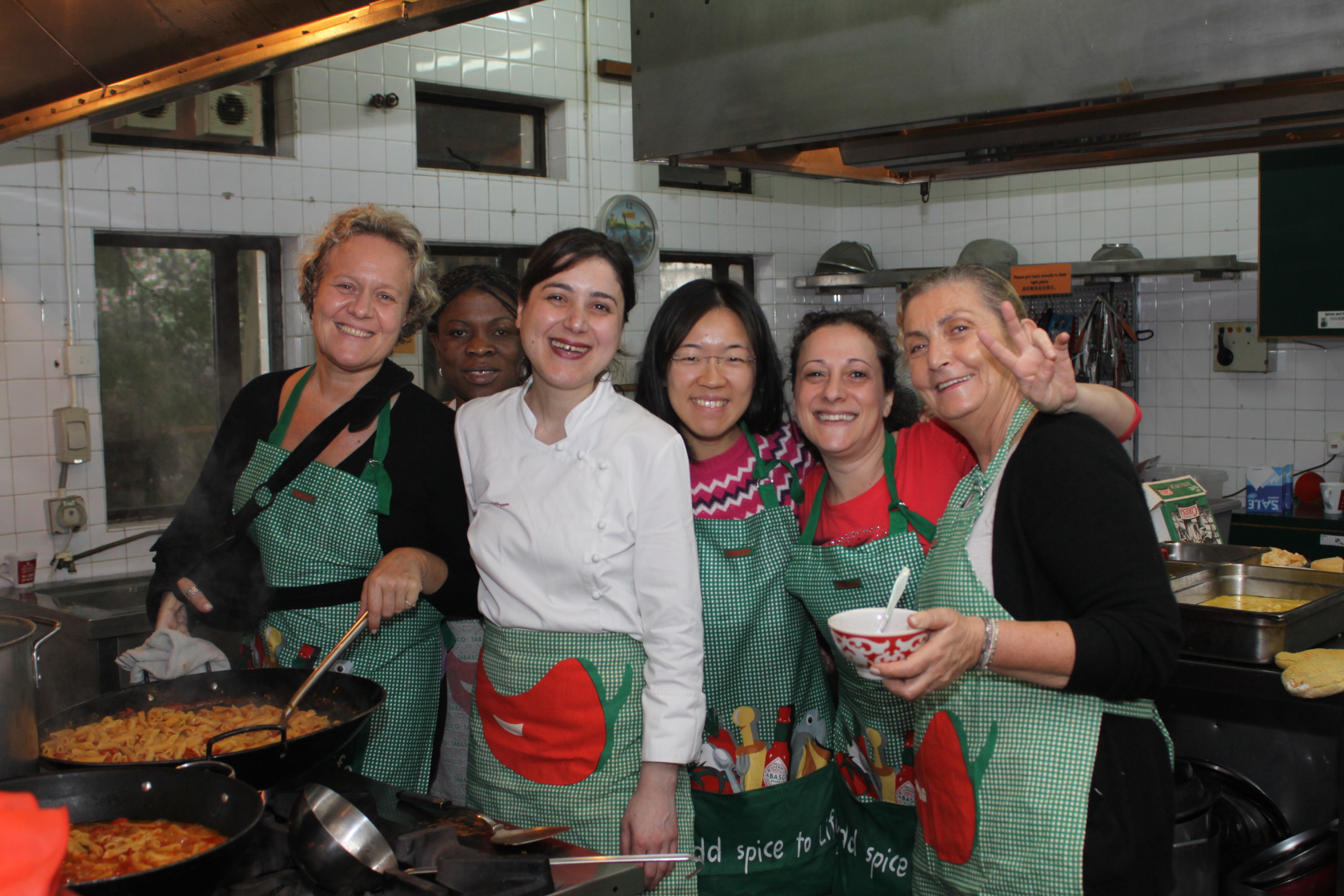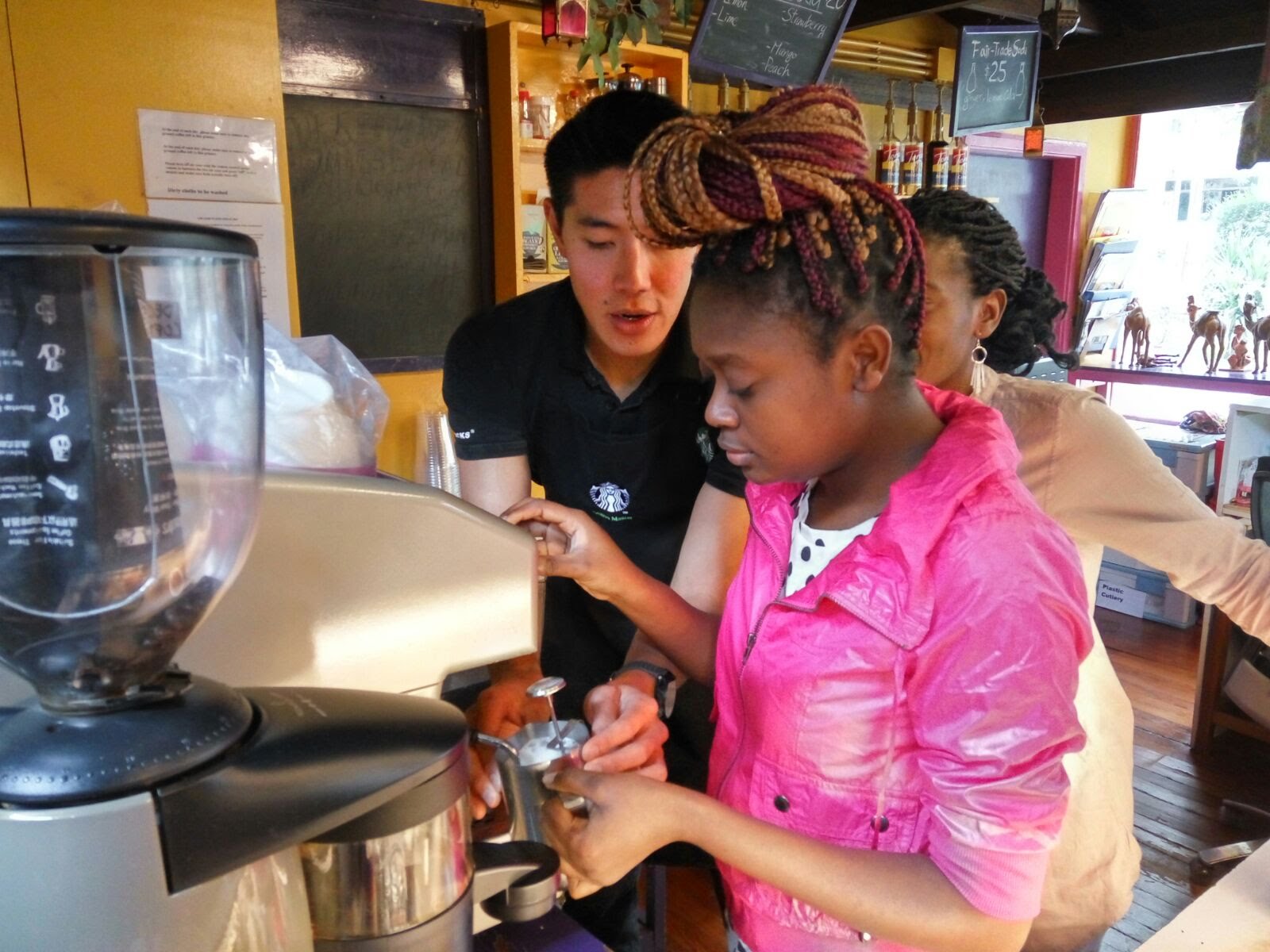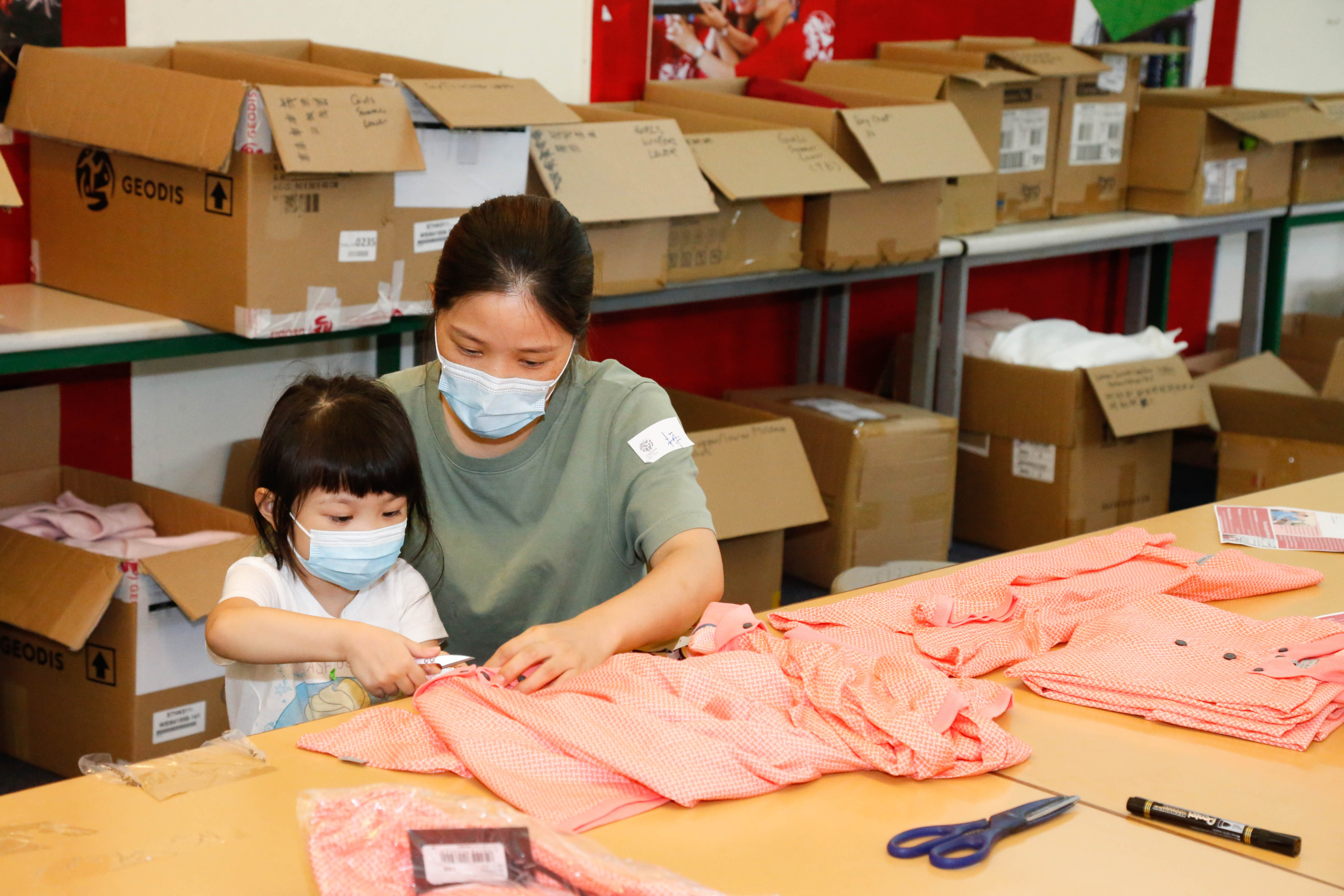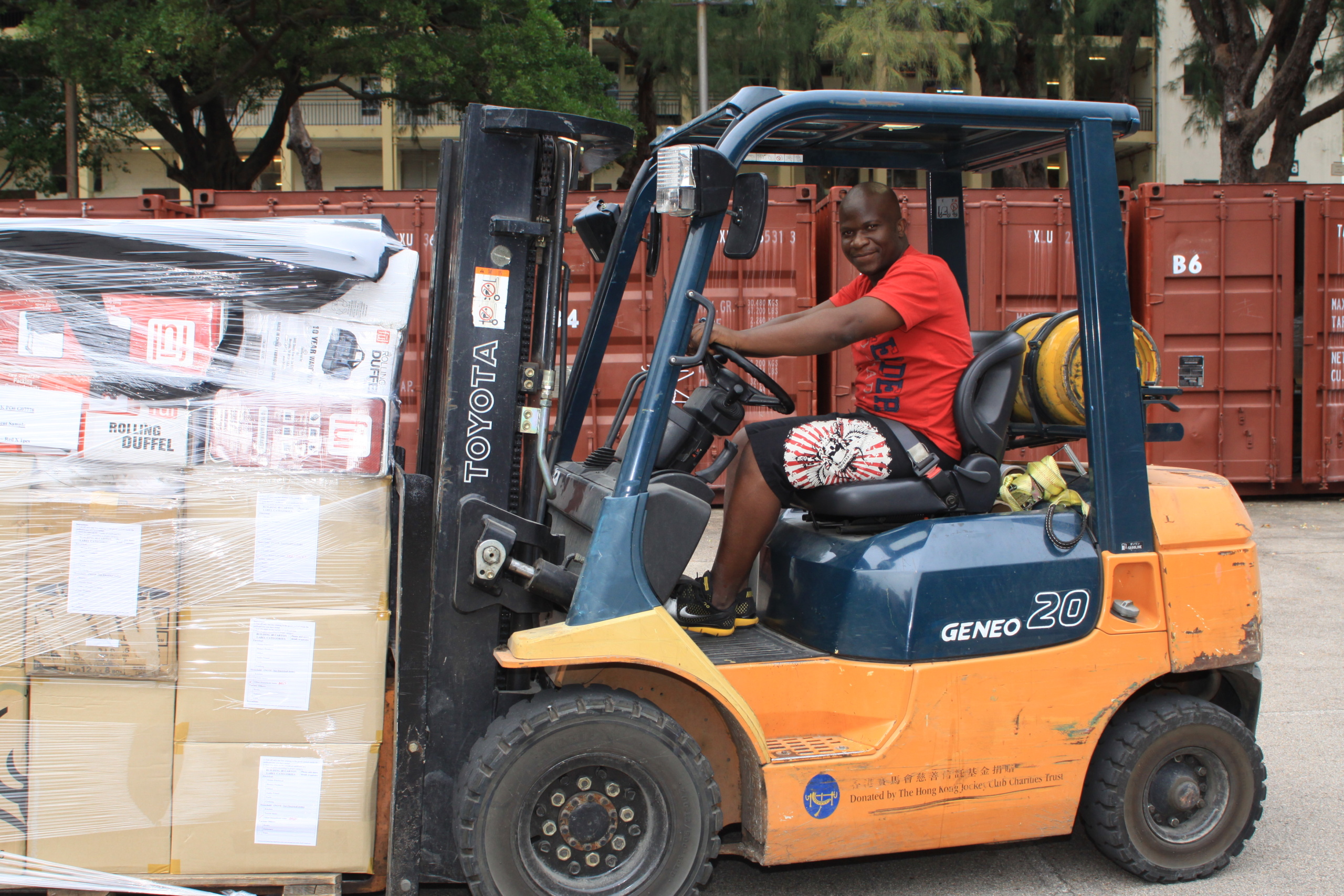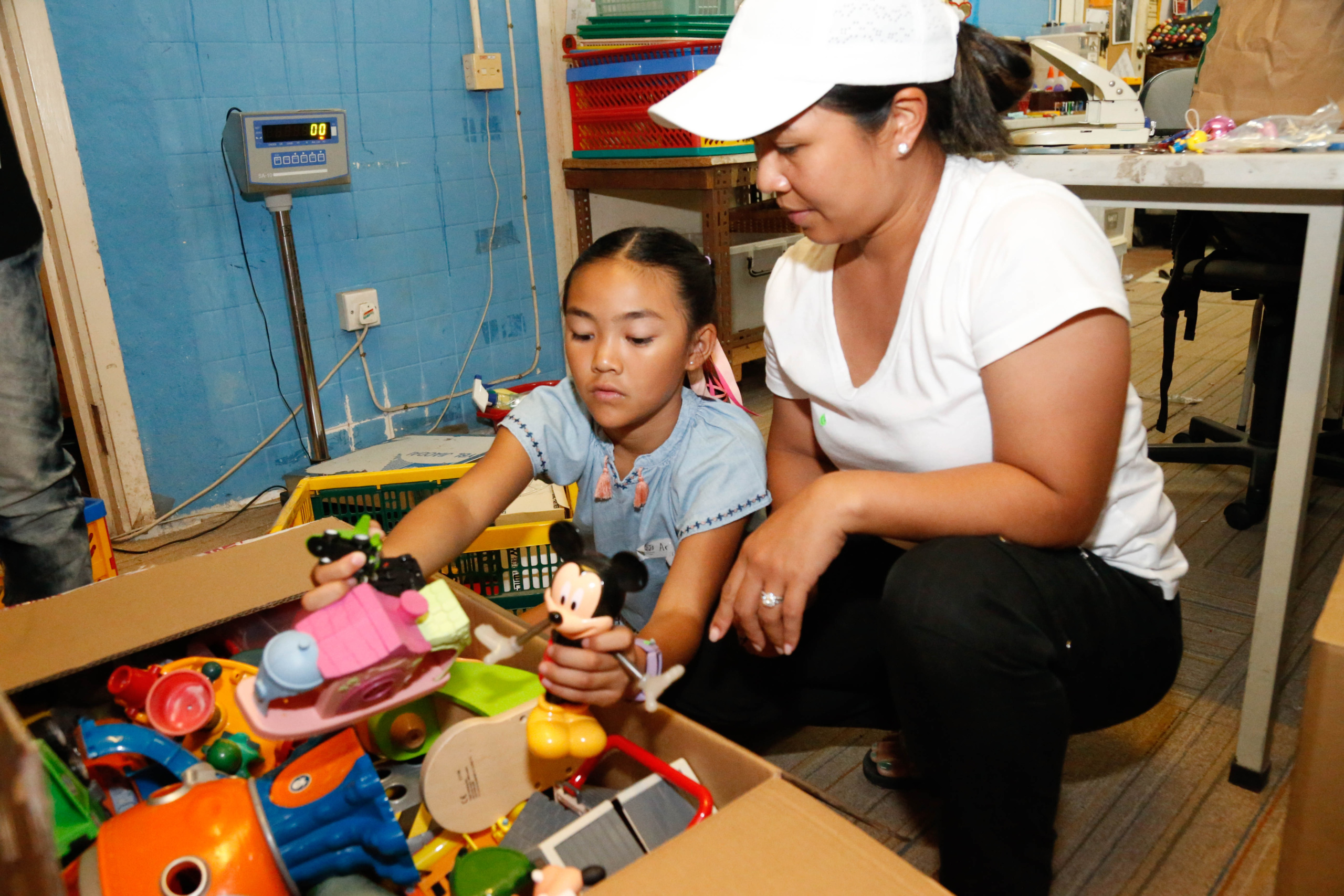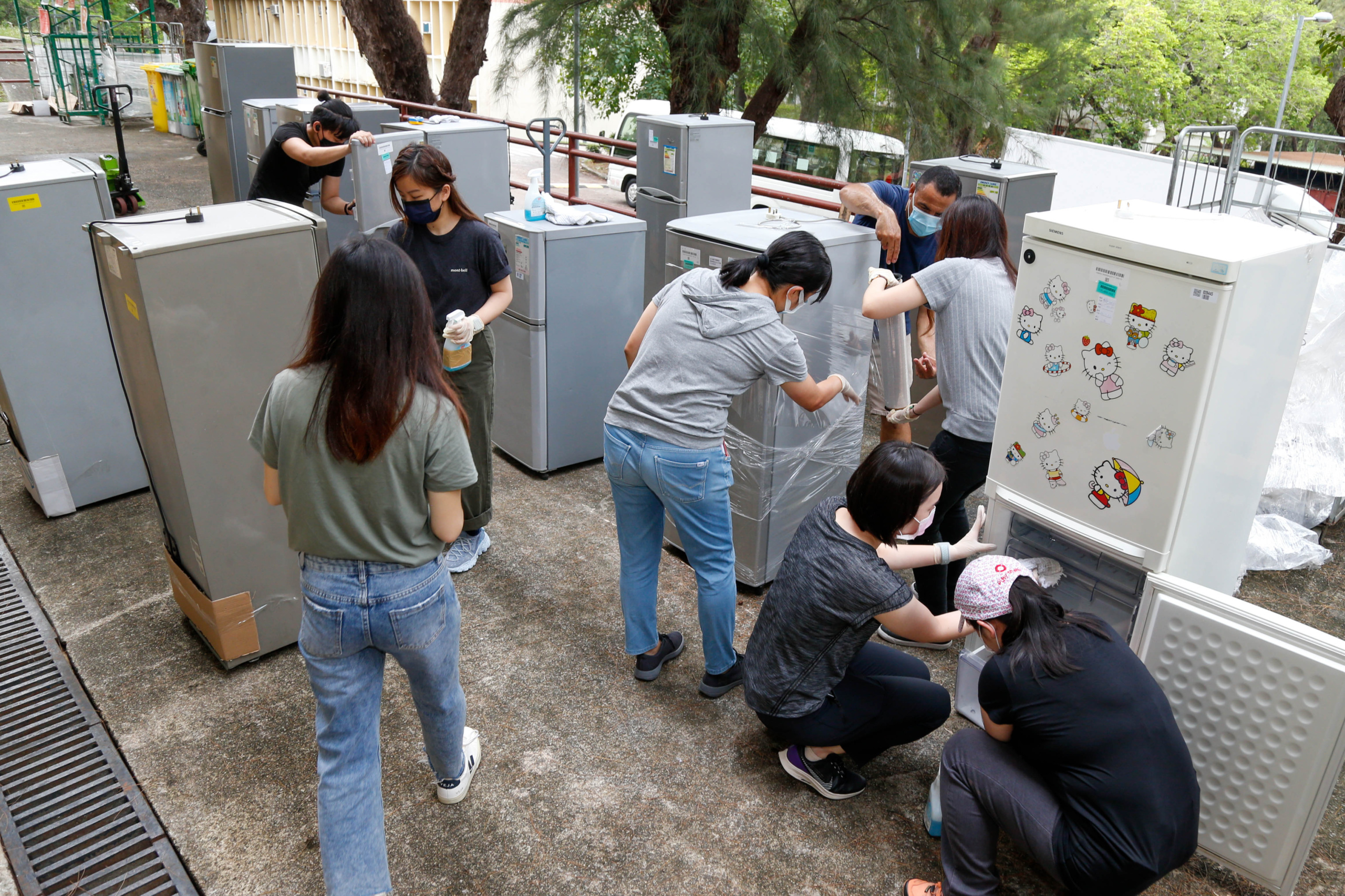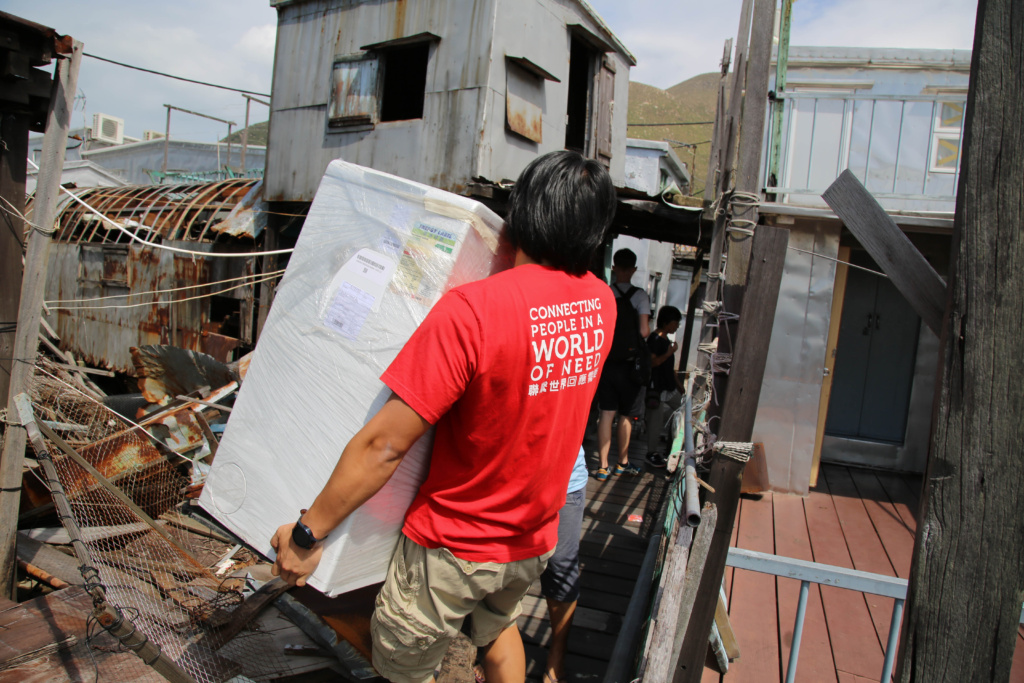- Every working day, we receive visits from Hong Kong residents in need of help. All of these people come to us referred by either Hong Kong government departments or NGOs. We invite them to look at the stock in our various departments and choose what best suits their situation. Are items appropriate in size, in function, in design? Their visit is typically two hours so they have time to find what they would really like. Those who come include residents who have received a government flat but need to furnish it, single parents, people with disabilities, people with minimal income, the elderly, families in need, people with special needs, people at risk, support for new arrivals and more. A special example, during Covid, was focus on computers: helping to see them placed in homes so that kids’ education could be less interrupted.
- We also work with many Hong Kong NGOs directly. They may need provision to pass on to those in their care. They may need goods to help people recovering from emergencies, such as extreme weather events, or everyday need. We may supply them with clothes, toys, domestic items, computers, furnishings, electricals etc. They may also need help fitting out their facilities. We have helped over 600 NGOs in Hong Kong since inception. Running these processes requires considerable space.
Note: Each department of our goods has its own a processing area, outfitted to help us assess all donated items: to fix, adjust or even set aside for recycling if not good enough to send. Some of these departments are particularly complex, such as electrical goods, medical equipment, computers and their many parts, and bicycles (much needed for services in weak economies). Others are less complex, including books, new (usually) clothing (for sizing, season etc) domestic items, kitchen provision, furniture, textiles, special needs items, vehicles, and more. All goods are carefully inventoried throughout their time with us. They are also carefully sorted and stored in readiness for distribution. When moving to a new site, we want to ensure we not only have space for storage, but also for the processing of these goods. The photos following give a quick glimpse of the department and its work.
STEWARDSHIP OF HONG KONG’S UNWANTED PRODUCT
 We grieve to see valuable items thrown away if they are of sufficient quality to help people who could genuinely benefit from them. Likewise, we hate to build up landfill in a world battling environmental challenges. We sort and test all stock given to us, but if we end up needing to dispose of it, we place it in our recycling section. This, too, we will want to re-establish when moving to a new site. We do not wish to contribute unnecessarily to landfill in Hong Kong.
We grieve to see valuable items thrown away if they are of sufficient quality to help people who could genuinely benefit from them. Likewise, we hate to build up landfill in a world battling environmental challenges. We sort and test all stock given to us, but if we end up needing to dispose of it, we place it in our recycling section. This, too, we will want to re-establish when moving to a new site. We do not wish to contribute unnecessarily to landfill in Hong Kong.
A crucial part of our work in Hong Kong are our experiential/educational programmes on need in society, locally and internationally. They follow the wisdom of the old proverb which says, “I cannot understand a man until I walk a mile in his shoes.”
We have set up immersive environments that ‘bring alive’ the challenges of those who suffer through simulation activities. (Note: These simulation are not digital. They involve trained volunteers who perform roles which participants must respond to: role play in a very powerful sense.) In the case of refugees, the simulation may involve ‘rebels’ brandishing lookalike AK47s, conditions of homelessness, poor medical help, inadequate food, human traffickers, and so on. In the case of poverty simulations, participants may have to earn an income, while dealing with loan sharks, harsh landlords, corrupt vendors in their battle for food, education etc. The participants each have to decide how they would react to these challenges and face the consequences that follow. We run simulations on poverty, war, blindness, AIDS, clean water problems, cross-cultural challenges, and more. We gear our simulations to appropriate ages, from primary school students to adults in tertiary education, or in the private sector or service organisations.
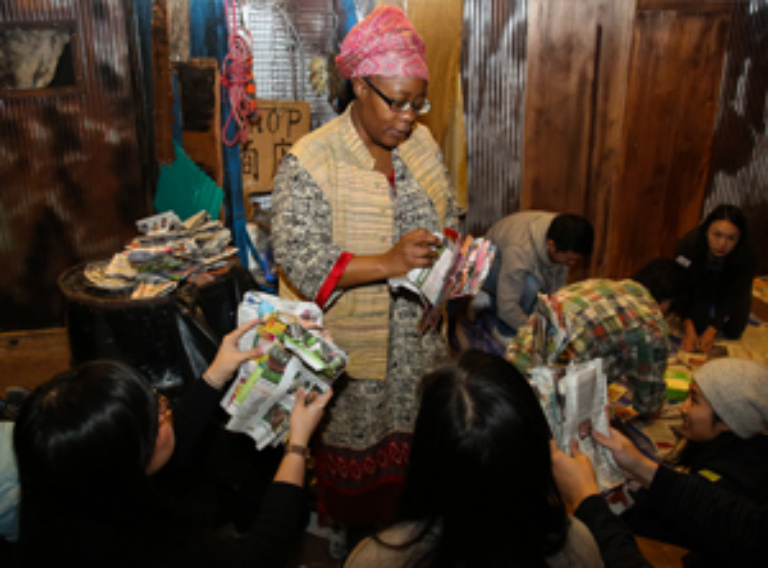
Above is our poverty simulation: Struggle for Survival, which is one that is most often requested. For a full menu of our x-periential programmes, see here.
About 94% of these are run in Hong Kong, where 226,000 people have undertaken them, of which 154,800 (68%) were students. The demand for these programmes is extremely strong within Hong Kong as educators book them for their students as part of their desire to see children become responsible global citizens who care for people in need, both here in Hong Kong and around the world: again, reflecting Hong Kong values.
As you will see elsewhere, we also run these overseas in places such as the World Economic Forum, where they also prove very powerful. The WEF participants include royalty, presidents, prime ministers, CEOs of major companies and more. As such, we hope that we represent Hong Kong and its values well among these foreign leaders. See here for detail.
How does the choice of our new site affect these? We must simply allocate sufficient space. We like to accommodate large numbers of participants, particularly school kids, with group numbers as high as 150 students. Many of them have their own three-dimensional set, within which the action occurs. We will need room to set up all of these along with larger spaces for debrief, discussion groups, educator teaching area, etc.
TRAIL OF WORLD NEED
Coupled with these programmes, we offer a ‘Trail of World Need’, designed to give participants an overview of major world issues. It is a walk-through series of interactive, immersive environments. Medical need, education need, lack of access to safe power, child labour, work in unsafe conditions, post conflict conditions, and more.
GLOBAL PLAYGROUND
- Play: We have also developed a special way for younger children to step ‘into the shoes’ of kids their own age in countries or communities in financial need. There is no Toys’R’Us or equivalent in these places because there is no money for toys. So those communities must make their own play things out of whatever is lying around and available. We built a playground using exactly those kinds of elements. It is a chance for kids in Hong Kong to step into the shoes of kids their age in less affluent environments. It is built with old tyres, bamboo pieces, nature’s own products (such as seeds for games), re-cycled items (such as a drum kit made with old pots and buckets), etc.
- Animals, of course, play a special role in environments of this kinds and we included goats in our Global Playground for that reason. They have become very popular at Crossroads: almost the stars of our village. Their behaviour and nature are very like those of puppies and they are much loved by all our visitors, kids ‘of every age’. We do not sell the goats, though visitors are welcome to feed and pat them. We do, however, encourage people to support villages in need around the world by sponsoring a goat, or a pair of goats to assist. We then forward the money so that the village can begin, if possible, a small goat herd to support their needs. This is just another way to help people ‘step into the shoes’ of those in need. It helps nurture a sense of compassion in young lives with the hope that they will embrace these values as they become older. And it’s fun! We hope the new location will allow our kids’ activities to continue as well.
When we moved into our current location in Tuen Mun, it was proposed, in government discussions, that we prepare to have international visitors. The reason was that it was hoped that people from other countries would see the work Crossroads was doing, and realise that Hong Kong was not just concerned about making money. Rather, there was hope that visitors would see Hong Kong’s compassion and willingness to help the vulnerable, setting an example to other countries by being ‘Asia’s World City’. In light of that, we were advised to open a coffee shop and, alongside it, a marketplace with goods from a range of nations. The idea was that visitors would want to shop and would need refreshment while here. We went ahead and did the above, on a ‘fair trade’ model: ie a stance in which the communities making these goods, while seeking to see profit shared on a ‘fair’ basis, rather than favouring those parties who are already rich. In our new location, we would certainly envisage these being retained for all the reasons originally given by the government and because we too see how successfully the Café and Marketplace have been received. Ours is the largest fair trade marketplace in Hong Kong, with the greatest variety of product. Our Café has become beloved and well attended by people volunteering at Crossroads as well as those in the neighbourhood. Both help its patrons develop an understanding of the way that people in areas of poverty need an opportunity to generate a fair income in an inclusive world economy. So, yes, the new site, if too limiting, will not permit us to continue these services.
As a bonus, each year, we hold a fair for the community. It is all about good gifts: gifts that help see good results from the purchases to those who work to combat poverty.
Crossroads team member bringing new fridge to victims of Typhoon Manghut in Tai O.

